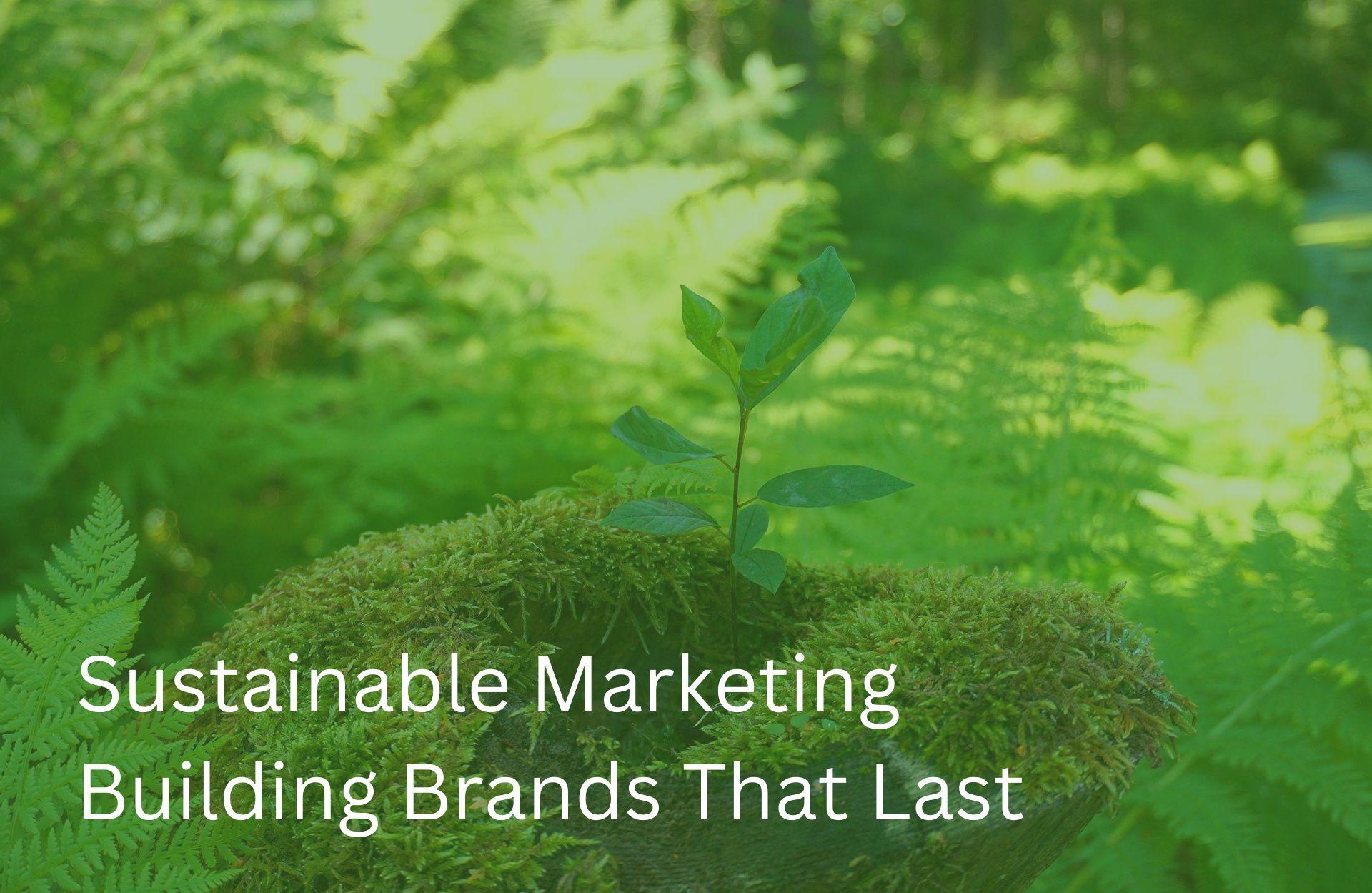In today’s business landscape, sustainability is no longer optional it’s essential. Consumers are demanding more from brands, not just in terms of products and services, but in how they impact the planet and society. This shift has given rise to sustainable marketing, a strategy that aligns business success with long-term environmental and social responsibility.
What Is Sustainable Marketing?
Sustainable marketing goes beyond greenwashing and one off CSR campaigns. It integrates ethical business practices, eco friendly initiatives, and social impact into every aspect of marketing. The goal? To create value that benefits both the business and the world around it.
Why Does Sustainable Marketing Matter?
🔹 Consumer Demand: Studies show that 66% of global consumers are willing to pay more for sustainable brands. Gen Z and millennials, in particular, prioritize sustainability when making purchasing decisions.
🔹 Brand Loyalty & Trust: Customers are more likely to stick with brands that reflect their values. Authenticity in sustainability efforts builds stronger relationships.
🔹 Regulatory & Market Trends: Governments worldwide are enforcing stricter environmental laws. Businesses that proactively adapt will stay ahead of regulations and market expectations.
Key Pillars of Sustainable Marketing
✅ Eco Friendly Products & Packaging: Reduce waste by using biodegradable, recyclable, or reusable materials. Brands like Patagonia and The Body Shop lead the way in sustainable production.
✅ Ethical Sourcing & Supply Chains: Ensure fair wages, responsible sourcing, and minimal carbon footprint in production processes.
✅ Transparent Communication: Avoid greenwashing. Be honest about sustainability efforts, progress, and challenges. Customers appreciate brands that acknowledge their journey rather than claiming perfection.
✅ Cause Marketing & Social Impact: Support initiatives that align with your brand’s mission whether it’s carbon offsetting, ocean clean ups, or education programs.
How to Implement Sustainable Marketing in Your Business
1️⃣ Audit Your Impact: Assess how your business operations affect the environment and society. Identify areas for improvement.
2️⃣ Align with a Purpose: Define a sustainability mission that aligns with your brand and resonates with your audience.
3️⃣ Educate Your Audience: Use content marketing to share your sustainability journey, tips, and the impact of their choices.
4️⃣ Collaborate & Innovate: Partner with eco conscious brands, suppliers, and organizations to drive sustainability initiatives further.
5️⃣ Measure & Report: Track your progress, set sustainability goals, and communicate results transparently.
The Future of Marketing Is Sustainable
Sustainable marketing isn’t just a trend it’s the future. Businesses that embrace it will foster deeper customer relationships, drive long-term success, and contribute to a better world.
